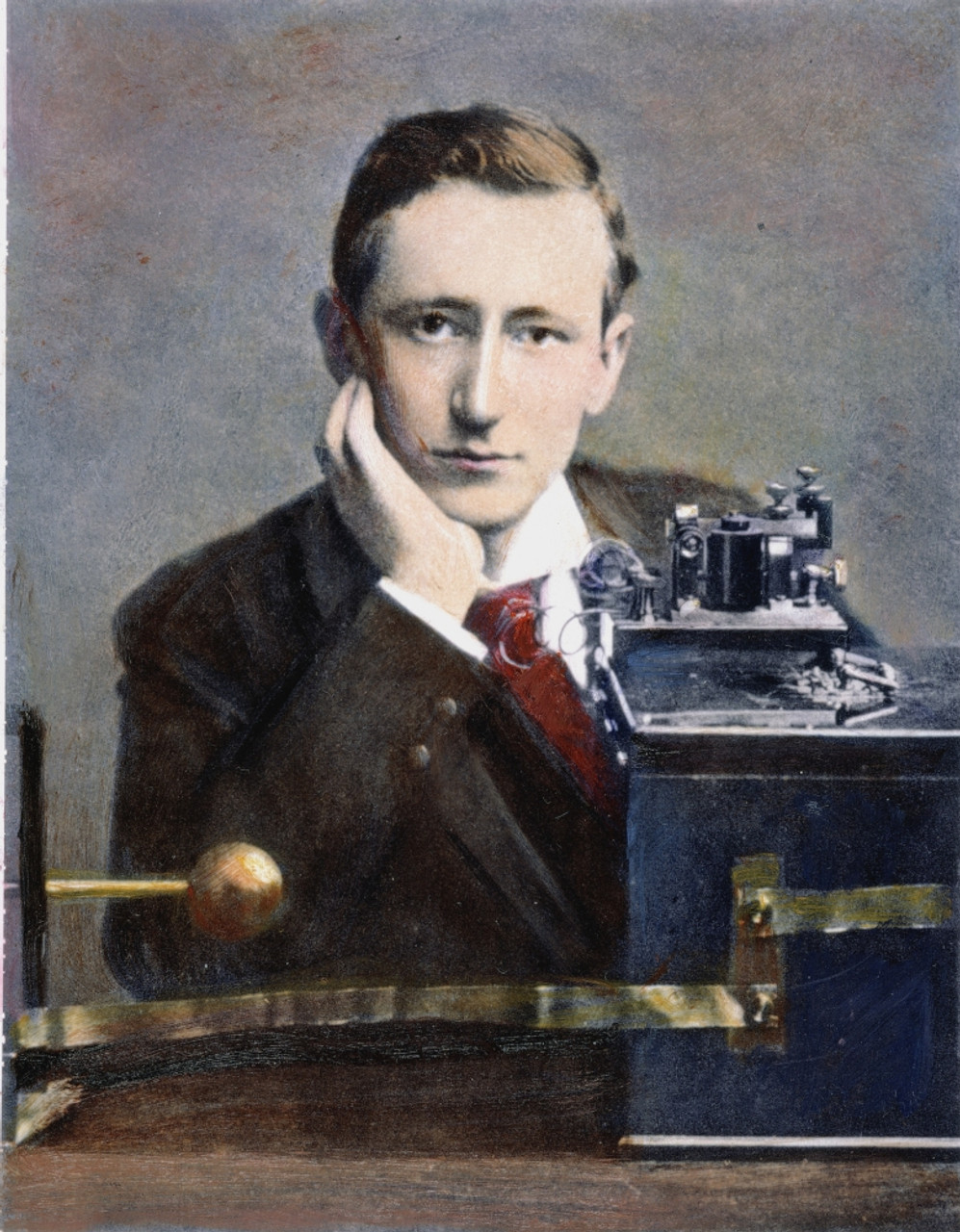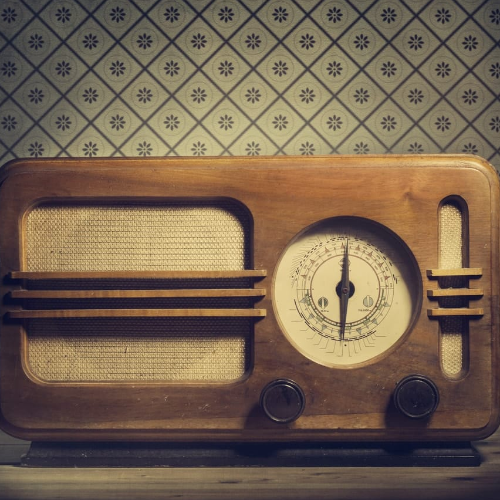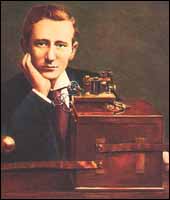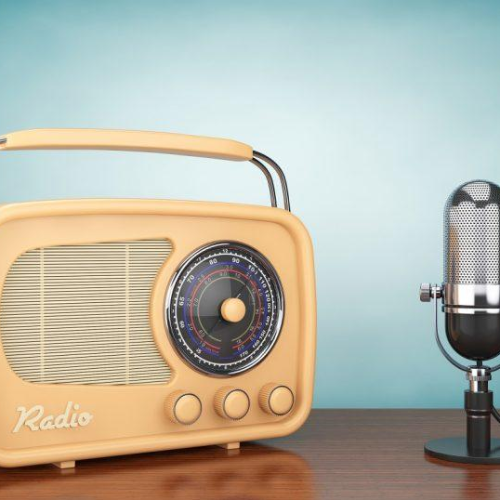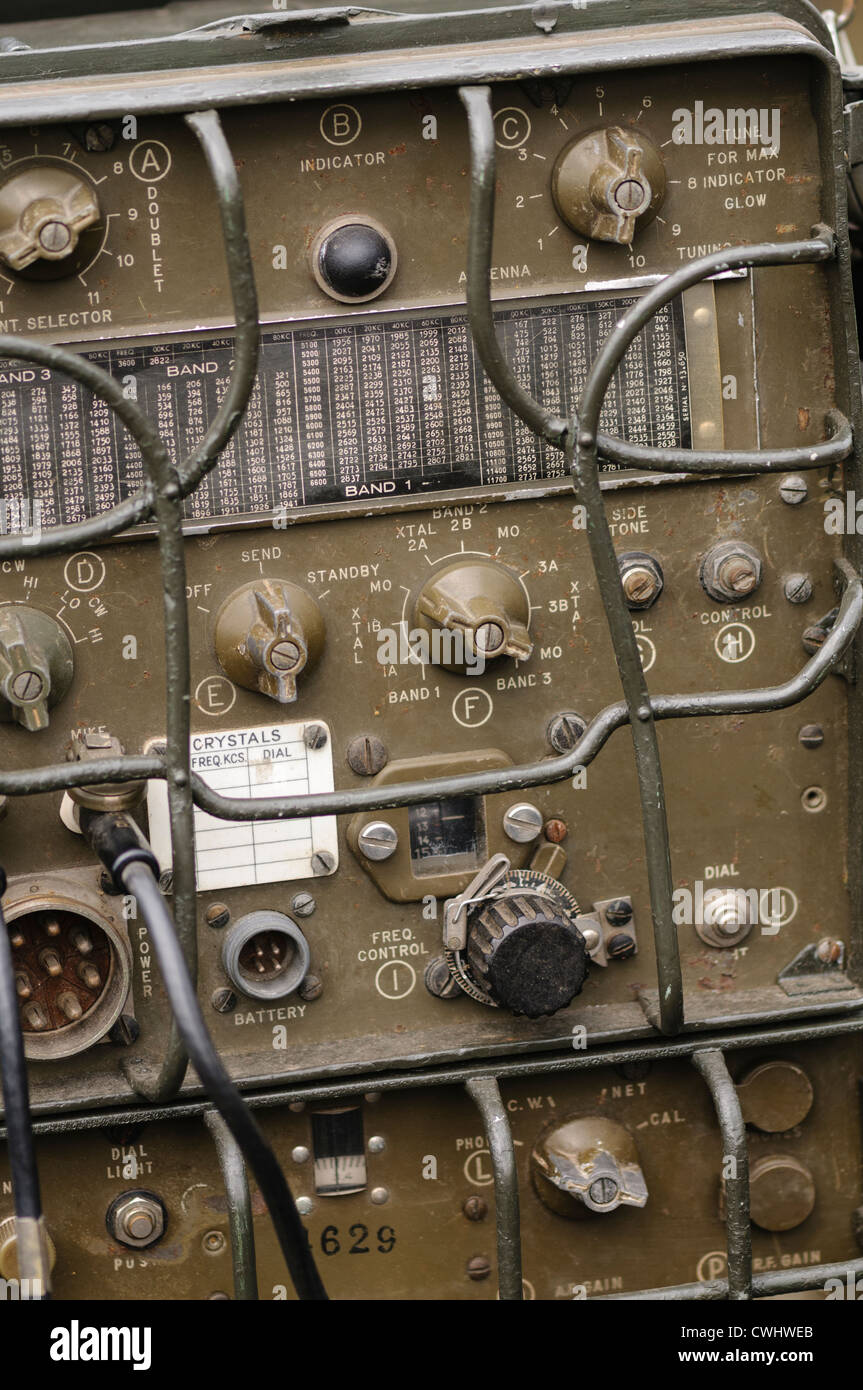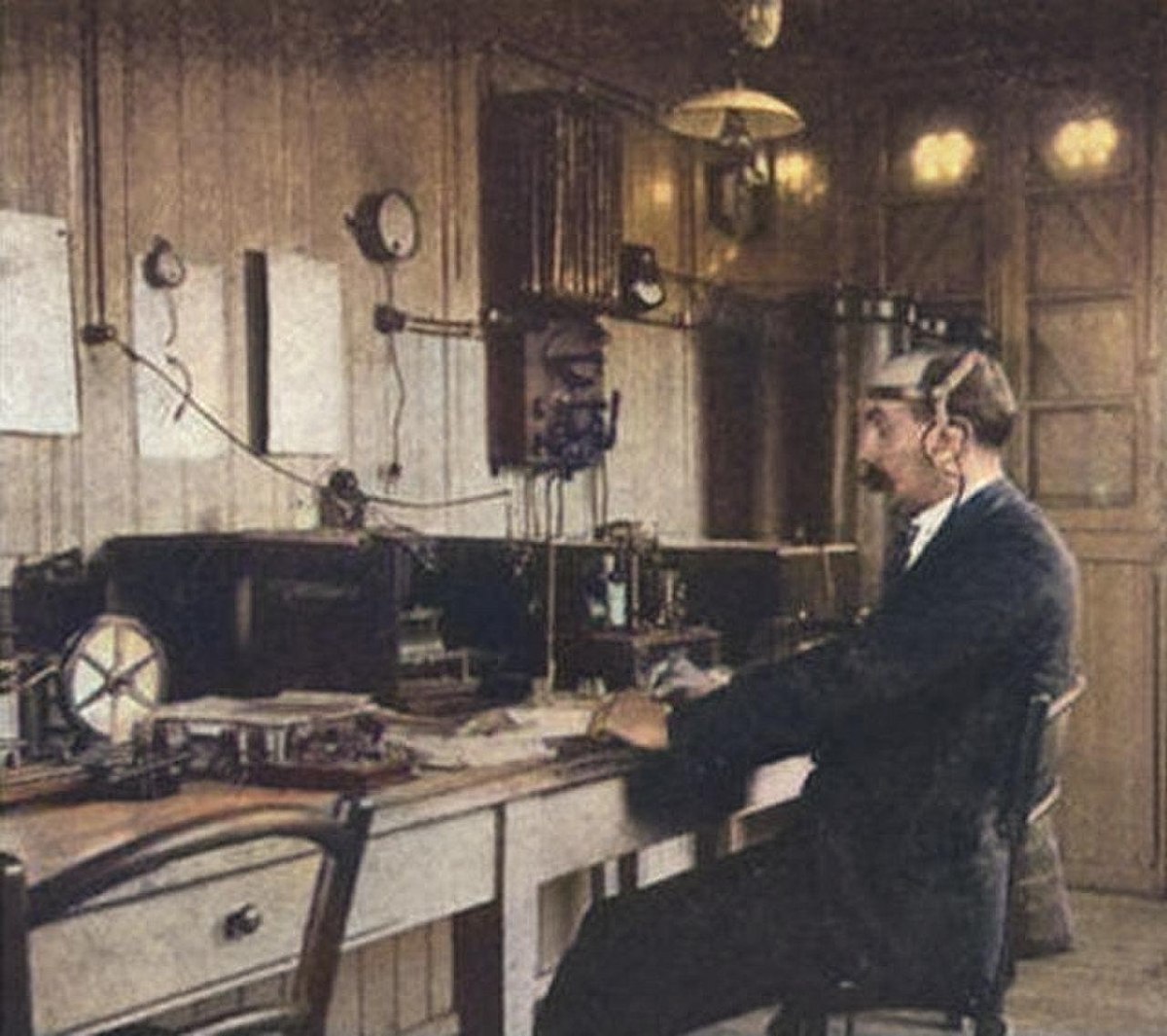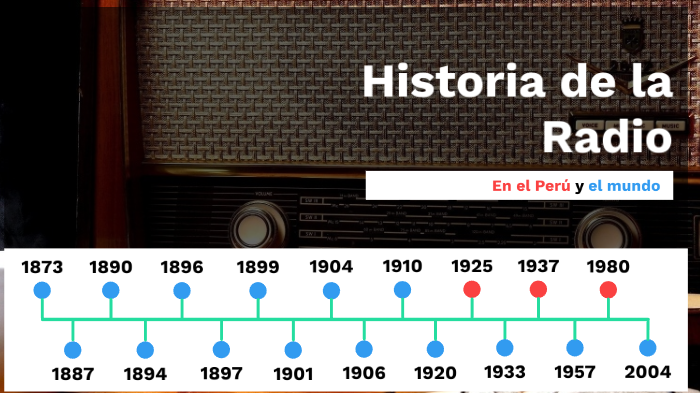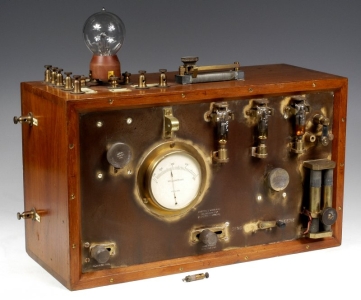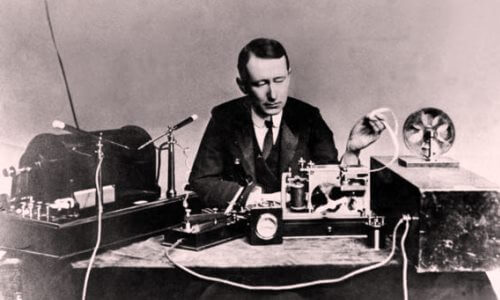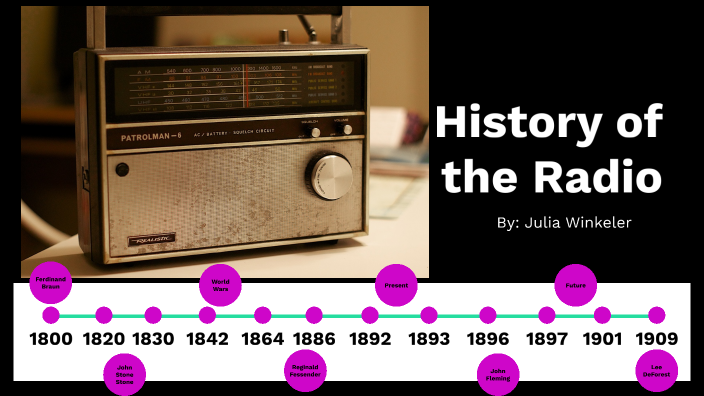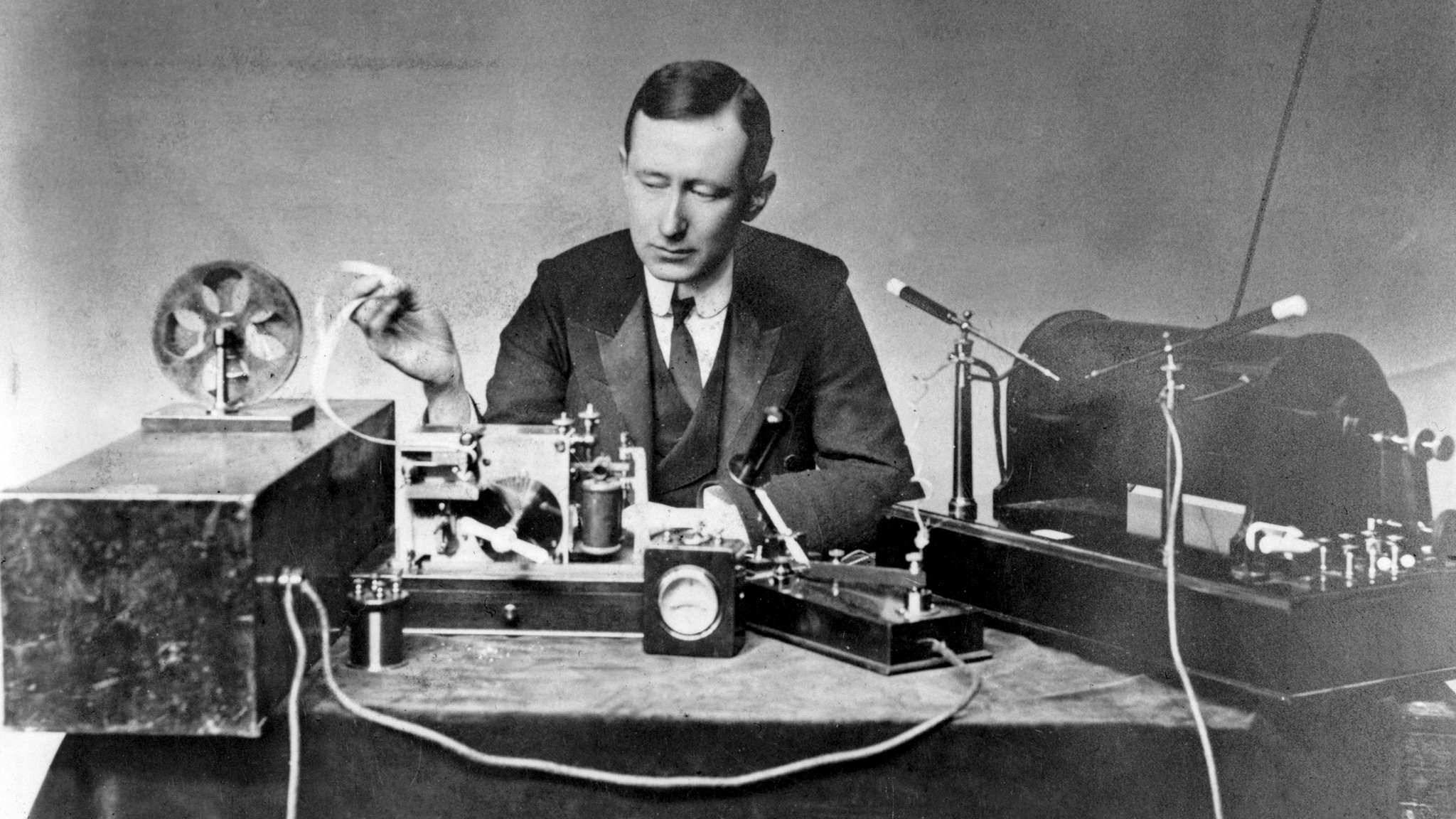
St. Gregory - As a staple in the advertising world, we wouldn't be where we are today without the radio. In 1896, Guiglielmo Marconi sent the first-ever radio transmission—and more than 120
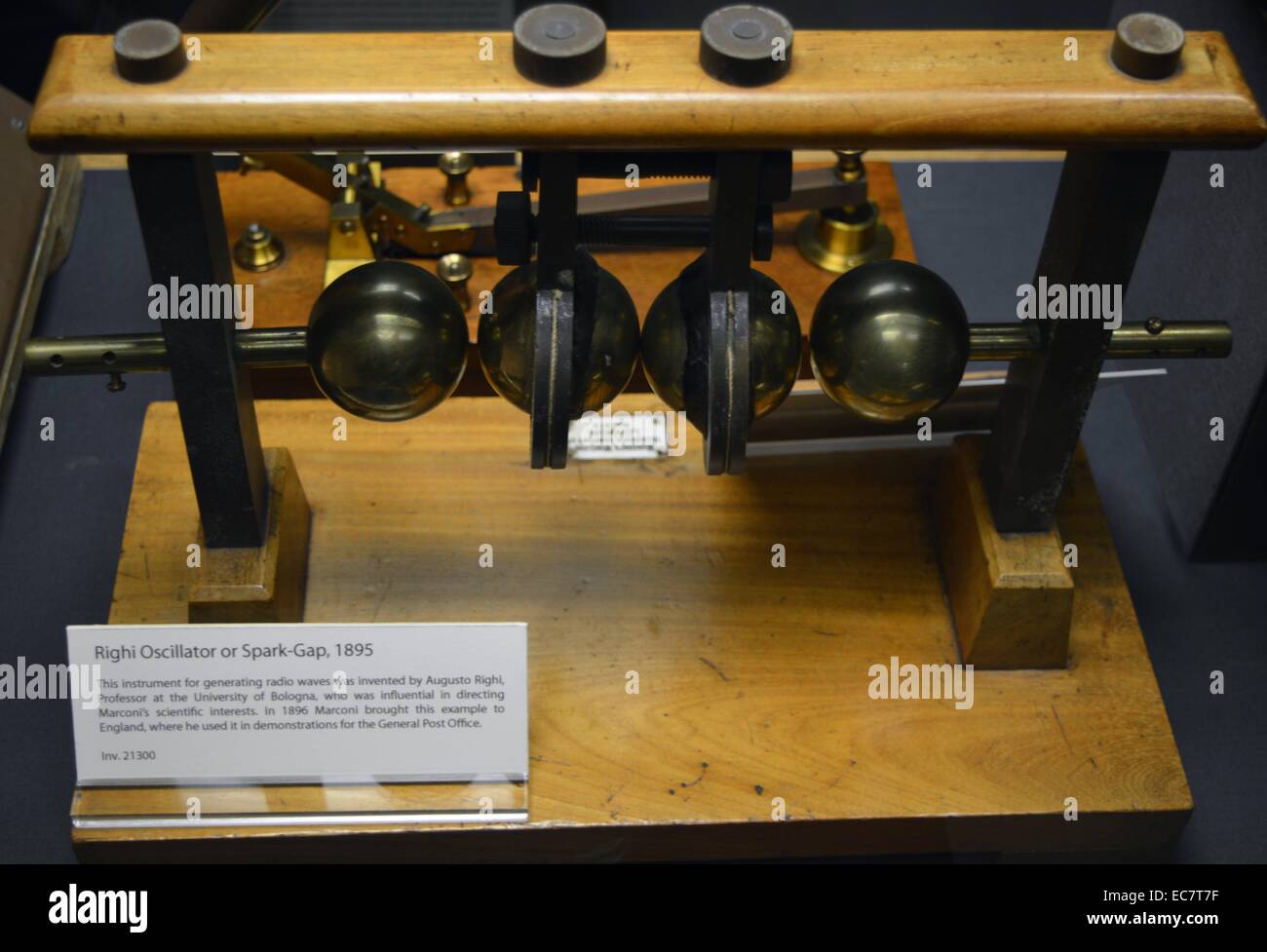
This instrument for generating radio waves was invented by Augusto Righi Professor at the university of Bologna, who was influential in directing Marconi's scientific interests. In 1896 Marconi brought this example to

The Royal Society on Twitter: "The Italian electrical engineer, Guglielmo Marconi, applied for a patent for his newest invention, the radio #onthisday in 1896 https://t.co/YVziM5qnIL https://t.co/owCrMK460M" / Twitter

Amazon.com: Patent Prints - 1896 Tesla Radio Patent Art - Nikola Tesla Wall Art Poster (8.5 x 11) - 170: Posters & Prints

Amazon.com: Guglielmo Marconi N(1874-1937) Italian Electrical Engineer And Inventor With His Coherer Radio Receiver In 1896 Poster Print by (24 x 36): Posters & Prints
